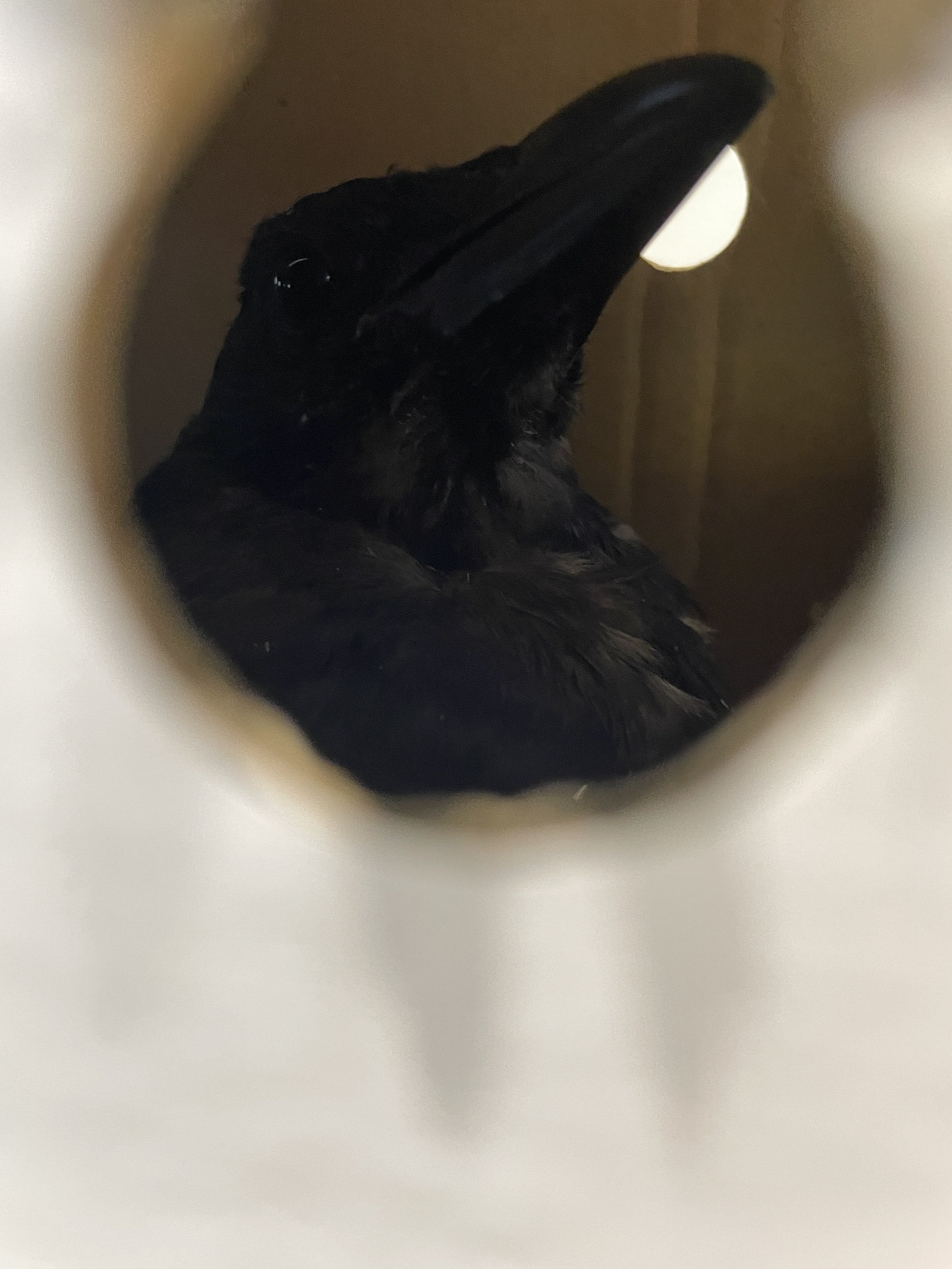A mimetic book post, part two. (here's part one.)
- How many books do you own?
- What is the last book you bought?
- What is the last book you read? ⬅
- What are 5 books that mean a lot to you?
What is the last book you read?
According to my book spreadsheet, the last book I 'read' (although I didn't finish it) was Max Gladstone's Last Exit. About six weeks ago... I did mention I've been in rather a reading rut.
Now, a few pieces of context.
First, a few years ago, I shifted my definition of 'read' for a book from 'have done a complete readthrough of the content' to 'reached the point where I have stopped reading the book'. It still usually amounts to me finishing a book in the completionist sense, but I realised that this makes me much less likely to stubbornly plough on with something when it's not working for me. (Which doesn't always have anything to do with the quality of the work.) That sometimes means just noping out early, or other times (e.g. with collections or other non-fiction works) just reading selectively the things that most interest me.
Second, specifically for Last Exit... I really, really loved it. Like, seriously. Max Gladstone is one of my favourite writers, and Last Exit was just knocking it out of the park in every chapter. My specific problem with that was just that my brain was all over the place and struggling to get out of work mode, and I love his writing in a very particular way which makes me constantly want it to take it apart, figure out how he does things, and take notes.
Which I think is a compliment. But that, plus the general strength of the book, just made it slightly too much of a meal for me to digest comfortably at that particular point in time.
I fully intended to get back to it eventually, though I've marked it as 'read' for now, because the idea of having an 'open loop' like that really bugs me far more than is ideal.
Out of time for today, last question soon.
